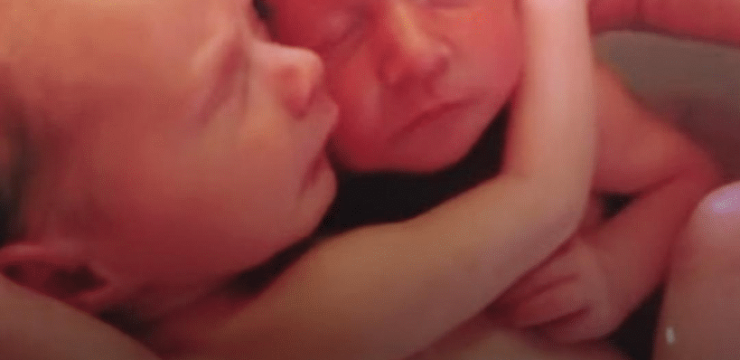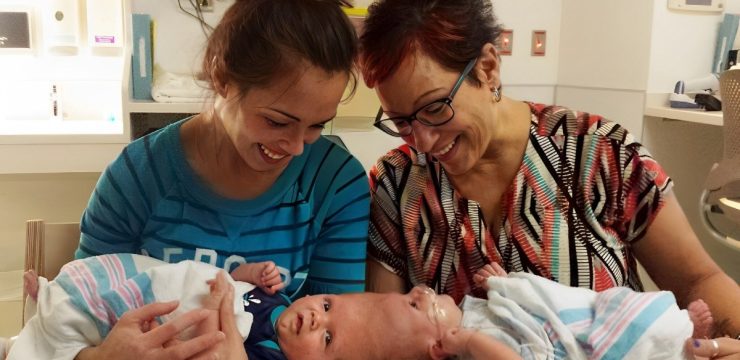Airports are stressful enough without violence erupting at the gate. Yet that’s exactly what happened at Washington Dulles International Airport when a Maryland man lost his temper in a shocking attack on a United Airlines employee—a moment caught on video and shared widely online. The disturbing footage has reignited national conversations about civility, mental health, and the growing tension in today’s travel culture.

The incident began when Christopher Stuart Crittenden, a resident of Maryland, allegedly tried to force his way onto a jet bridge after learning that his flight had been canceled. Witnesses say he appeared agitated and uncooperative when airline staff tried to explain the situation. What happened next stunned everyone nearby. The video, which quickly went viral, shows Crittenden stepping forward and punching a United Airlines employee, sending the staffer sprawling to the ground. Gasps filled the terminal as shocked passengers looked on.
Within moments, security and local law enforcement intervened, restraining Crittenden and escorting him away. Authorities later confirmed that he was arrested on charges of assault and disorderly conduct. United Airlines issued a firm statement condemning the attack, emphasizing that the company enforces a zero-tolerance policy toward any form of violence against its employees. “Our team members deserve to feel safe while doing their jobs,” the airline stated. “We will always take swift action to protect them.” Crittenden has since been permanently banned from flying with United Airlines—a move that many praised as both necessary and appropriate.
The shocking outburst has sparked a flood of reactions online. Across social media platforms, people expressed outrage at the attack while also reflecting on what might drive someone to behave so aggressively. Some commenters placed the blame squarely on the passenger, saying that no level of frustration justifies violence. Others saw the event as a symptom of a broader societal problem—a sign that public spaces, particularly airports, have become flashpoints for emotional outbursts as patience wears thin.
Travel experts have noted that incidents of passenger aggression have been rising steadily since the pandemic. According to data from the Federal Aviation Administration, reports of unruly passenger behavior have increased dramatically in recent years. From verbal confrontations to physical assaults, flight crews and airport staff are finding themselves on the front lines of travelers’ anger. Labor unions representing airline employees have called for stronger protections, arguing that front-line workers often face hostility with little recourse. They’re urging lawmakers to impose harsher penalties for assaults on airline personnel and to invest in better training for handling volatile passengers before situations escalate.
But beyond the calls for accountability lies a deeper conversation about the environment modern travel creates. Anyone who has flown in recent years knows the frustrations—delayed flights, overbooked planes, confusing rebooking systems, and endless security lines. When stress combines with fatigue, disappointment, and lack of control, even small inconveniences can ignite explosive reactions. Psychologists suggest that airports have become symbolic battlegrounds for stress, especially in a post-pandemic world where travelers are still adjusting to crowded spaces and shifting expectations.
Experts say that while enforcing the law is vital, prevention matters just as much. Airlines and airports are being urged to rethink how they manage high-tension scenarios. Improved communication, better customer support, and increased access to trained conflict de-escalation staff could go a long way toward reducing violent incidents. Some aviation safety analysts have proposed placing more visible law enforcement officers at boarding gates during peak hours—not only to respond to problems quickly but also to deter potential aggressors from acting out in the first place.
Meanwhile, the United Airlines employee who was struck has not been publicly identified but is said to be recovering. Fellow staff members and unions have rallied around the victim, emphasizing that no one should face physical danger simply for doing their job. “These employees are the face of the airline,” one spokesperson noted. “They’re the ones absorbing customers’ frustration when flights get delayed, even though those delays are often out of their control. They deserve protection and respect.”
As the video continues to circulate, the incident has reignited debates about civility in public life. Many argue that the loss of patience and empathy in daily interactions—whether at airports, restaurants, or stores—is becoming a troubling norm. The phrase “travel rage” has even begun to appear in headlines, reflecting a growing pattern of aggressive outbursts during air travel. In one viral comment thread, a user summed up the mood bluntly: “We’ve all had flights canceled. You deal with it, you don’t punch someone.”
This event, though disturbing, has become more than just another viral clip—it’s a wake-up call. It highlights the urgent need to restore basic respect and accountability in shared spaces. Flight cancellations and travel disruptions are frustrating, but they don’t excuse violence or intimidation. Every worker—especially those serving the public—has the right to safety and dignity. The arrest and lifetime ban placed on Crittenden send a clear message: actions have consequences, and attacking someone out of anger will not be tolerated.
Still, the underlying issues remain unresolved. With post-pandemic travel rebounding faster than staffing levels, many airports continue to struggle with long lines, technical failures, and customer dissatisfaction. Experts suggest that improving transparency, communication, and real-time updates could help reduce passenger anxiety. When people understand what’s happening and feel heard, they’re less likely to lash out.
In the end, what happened at Dulles wasn’t just an isolated act of violence—it was a reflection of the strain so many feel when navigating an overstressed system. As travelers, we’re all responsible for how we react in moments of inconvenience. As airlines and airports, there’s a responsibility to create environments that prioritize both efficiency and empathy. This incident should remind everyone—passengers, workers, and policymakers alike—that civility isn’t optional. It’s the foundation of safe, humane travel.





